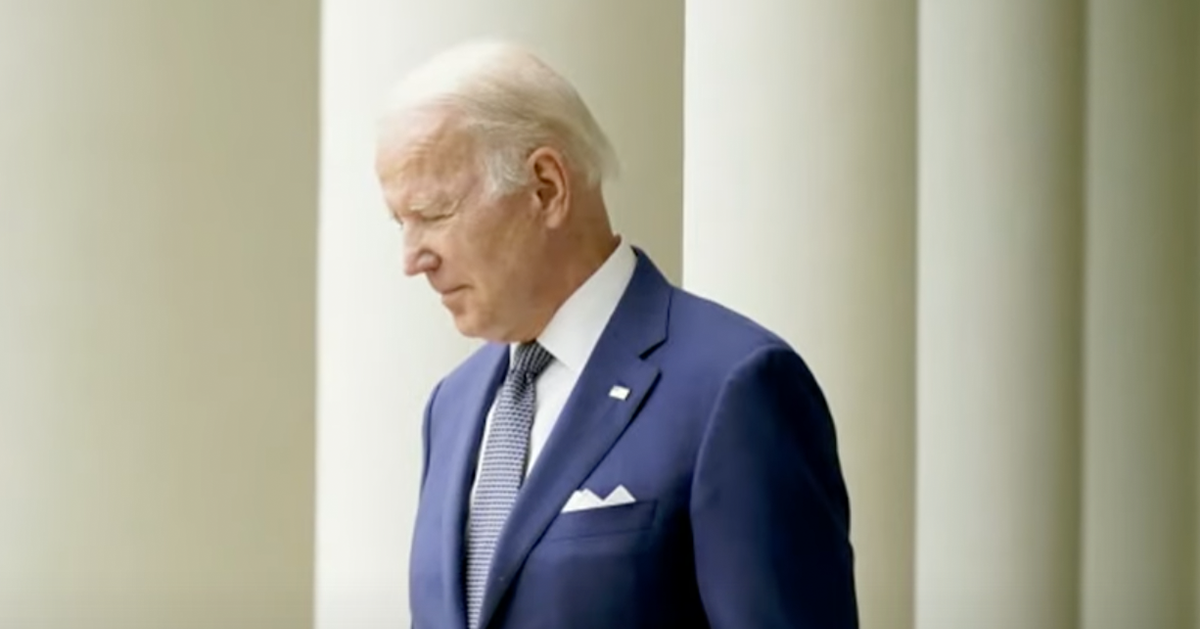Murder Trial in Laken Riley Case Set to Begin as Judge Denies Request for Delay
The trial proceedings of Jose Ibarra, a Venezuelan migrant charged with the murder of a 22-year-old nursing student in Georgia, have been cleared to proceed as scheduled, following a judge's decision to reject motions to delay.
The upcoming trial in the death of Laken Riley, now officially set by a judge to commence on Nov. 13, has captivated national attention, primarily due to heightened debates around immigration and the defendant's alleged gang affiliations, as the New York Post reports.
Riley, a dedicated nursing student from Augusta University, tragically lost her life in February under shocking circumstances.
The young woman was reported missing by a concerned friend after she failed to return from her routine morning jog near the University of Georgia campus in Athens. Her body was later discovered near her apartment residence.
Young Woman's Death Triggers Police Action
Authorities swiftly directed their investigation towards Ibarra, who has been linked to the notorious Tren de Aragua gang. Ibarra stands accused of murdering Riley, allegedly asphyxiating her following an attempted sexual assault.
His arrest unfolded swiftly; he was detained at his dwelling on South Milledge Avenue the day following the tragic incident.
Ibarra faced a slew of charges, totaling ten counts, including malice murder, kidnapping, and aggravated assault. Despite the grave accusations, he has pleaded not guilty, maintaining his innocence as the trial nears.
Defense Challenges Evidence Collection Methods
The defense, spearheaded by attorney Dustin Kirby, mounted a challenge against the admissibility of crucial evidence, arguing procedural violations in obtaining DNA, fingerprint, and cellphone data.
Kirby expressed his concerns over the complexity involved, stating he had encountered difficulties in comprehending the DNA evidence fully.
This DNA evidence comes from the advanced TruAllele Casework Software, which Kirby argued necessitates extensive examination. In light of this, he requested a postponement of the trial to allow the defense adequate time for a thorough review.
Judge's Ruling Against Delay and Exclusion
Despite these arguments, Judge Patrick Haggard determined that the evidence in question would remain part of the trial.
The judge dismissed the request for both a delay and the exclusion of the evidence deemed crucial by prosecutors. In balancing the need for a fair trial, Haggard permitted Kirby to introduce an expert witness to contest the DNA findings during the upcoming proceedings.
Immigration Status Fuels National Dialogue
Beyond the trial's significant local impact, Ibarra's illegal entry into the United States has reignited broader discussions on immigration policies and their implications.
Ibarra's previous arrest, which occurred in New York City in August 2023, involved a minor traffic violation. He was released in that instance due to less serious charges.
Compounding public concern, allegations concerning Ibarra's gang affiliations have added a layer of complexity to the narrative. These factors have intensified the public's scrutinizing gaze on immigration authorities, especially concerning their handling of overcrowded detention centers that led to Ibarra's release.
Previous Efforts to Change Venue Denied
Earlier in the proceedings, the defense sought a change of trial venue, citing pervasive media coverage that could potentially influence the selection of an impartial jury.
However, Judge Haggard held that changing the location was unnecessary, strengthening the court's commitment to maintaining continuity and minimizing disruptions in the administration of justice.
As the trial date approaches, Ibarra remains incarcerated without the opportunity for bail at the Athens-Clarke County Jail.
The upcoming legal battle promises to be closely monitored both by the local community and nationwide observers, eager to see how legal arguments and evidence will unfold in court.





